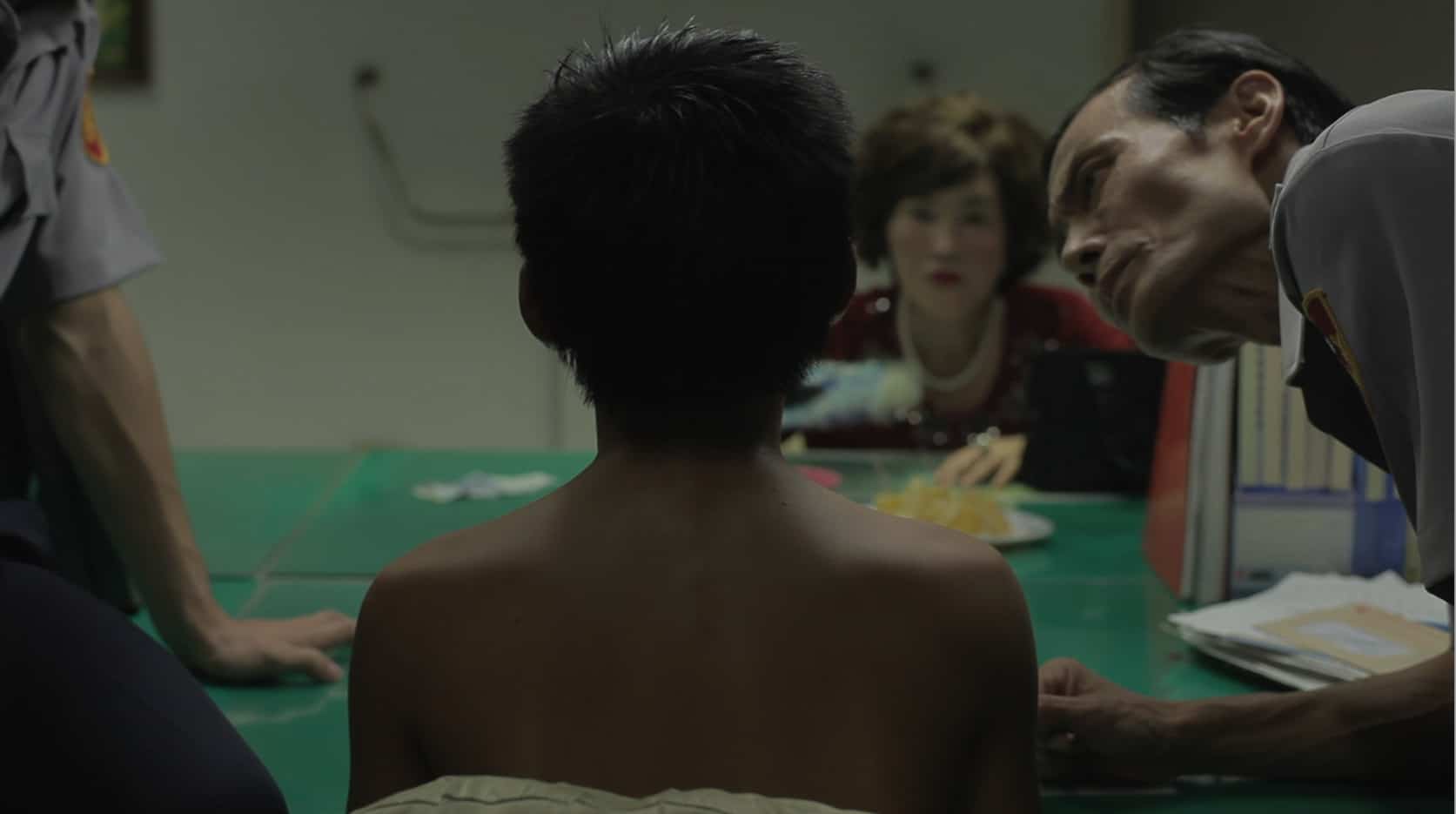Struggling through the day to day, a young café worker (Marino) is living a listless life marked by oversleeping and mundane repetition. Protecting herself by walling up her depression, the troubled girl is pushed out of her shell when she meets a futon salesman who happens to be dating an old friend of hers. Consequently, as the lives of the three become intertwined through conversation and past trauma, Marino is forced to open up for the first time.
“Floating Borderline” is Screening at Japan Film Fest Hamburg

Given the title and opening intro into the life of Marino conveying an isolating mental disorder, one would be lead to believe that the film was about borderline personality disorder specifically. However, “Floating Borderline” appeals more to a general sense of melancholy in its protagonist, transforming into a competent melodrama as three individuals struggle with their own existence. Dealing with a sensitive subject matter, the production manages to tackle a lot within its brief 60 minute run time.
Where the movie excels is within its understanding of how life changing moments can come in simple interactions versus moments of profundity. Marino flows through life with these barriers set up to protect further decline; as in real life, these barriers don't topple as much as take years to properly address. As such, “Floating Borderline” explores the starting point where hope towards a better future is just beginning to manifest – done in a realistic sincerity that proves difficult for many creatives to capture. Ultimately, the film succeeds on its emotional sensitivity and strong script that imbues the characters with complex personas.
Understandably, the script could have easily of faltered with miscasting, meaning the performances throughout play to the success in equal measure. Thankfully, all three actors feed off of each other with a familiarity of long-lost friends and fresh romances (depending who you look at in the trio). In particular, the character of Marino holds onto her malaise and projects that desire to excel while still being held back by past trauma. Overall, the script that demands a sensitive touch is perfectly executed by the cast to optimize the emotionally charged narrative.
Unfortunately, the production does suffer slightly in presentation due to budgetary restrictions and moments of uncomplimentary camera work. Never egregious, the execution is serviceable and works as a platform for the script and performances. Given that the greatest strength of the experience lies elsewhere, the limitations in technical execution will not mar audience participation.
“Floating Borderline” is not one of those films that will leave an initial strong impact on viewers, but will permeate the subconscious with its grounded take on mental health that can be analyzed in layers – an impressive feat at under an hour. Overall, Naoko Sumimoto has given us a masterfully executed drama that shows a deep understanding of eternal struggles and the desire to move one and do better.















